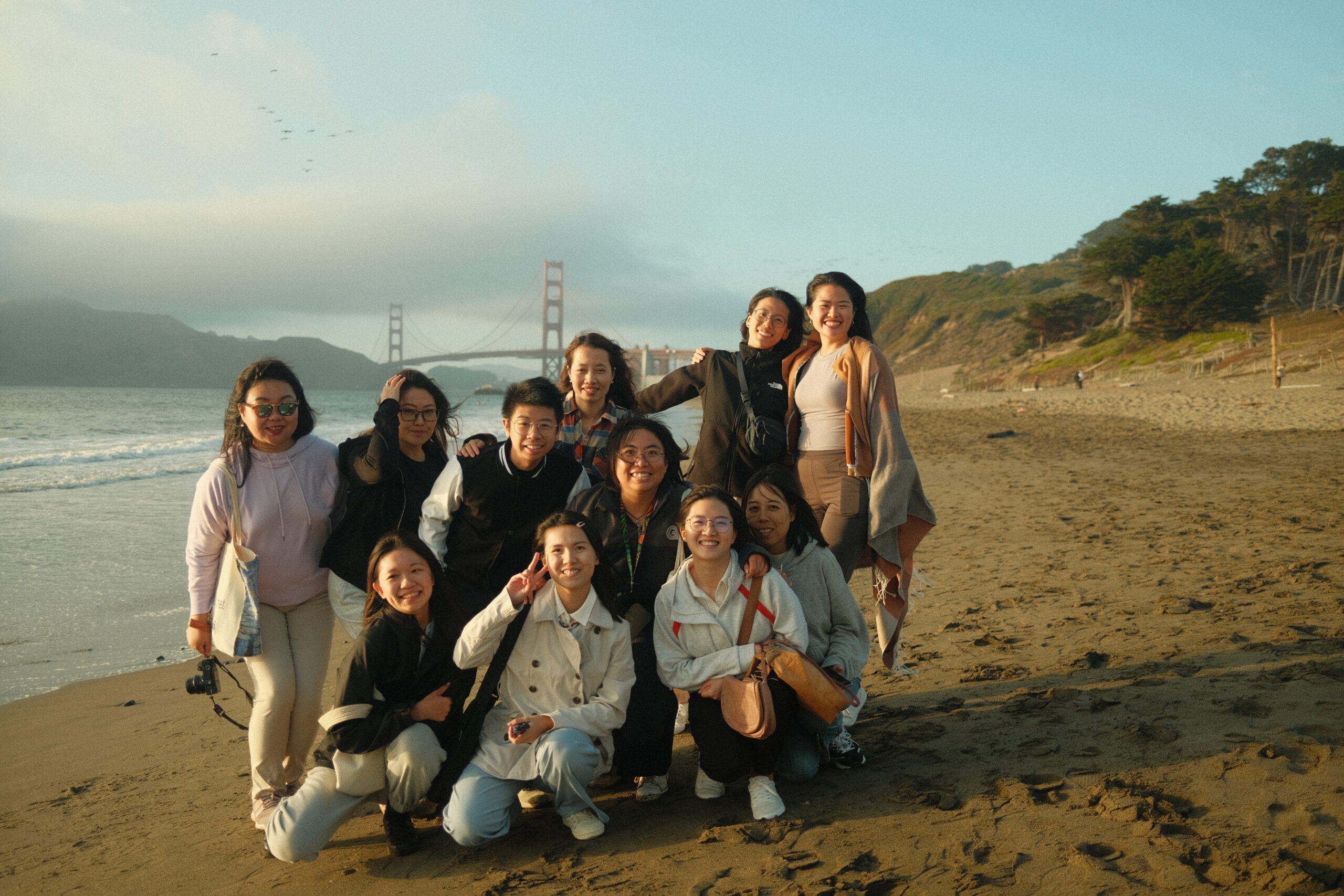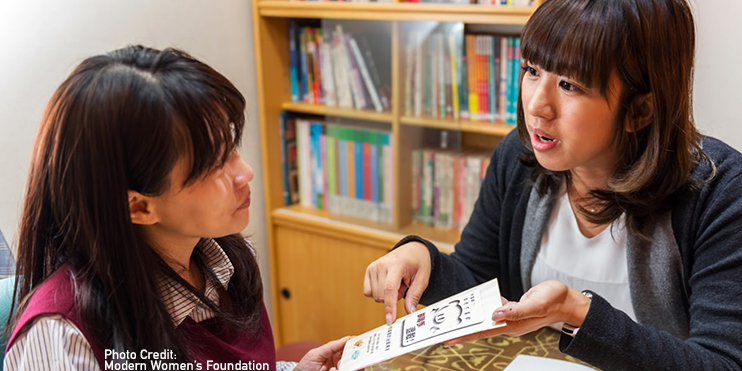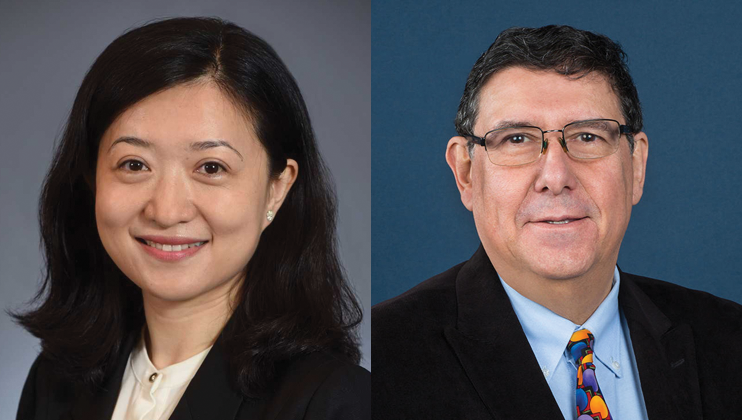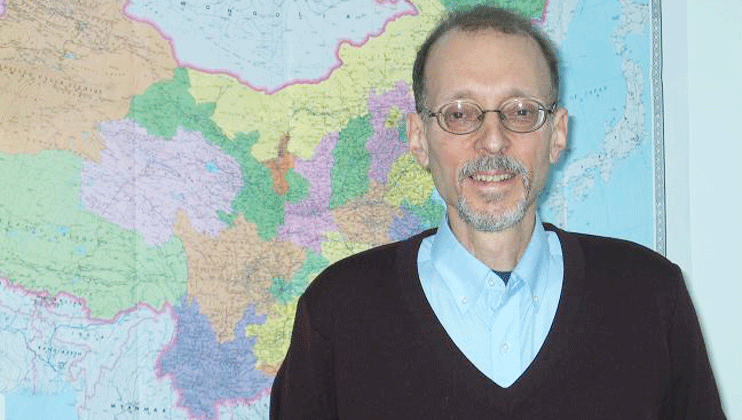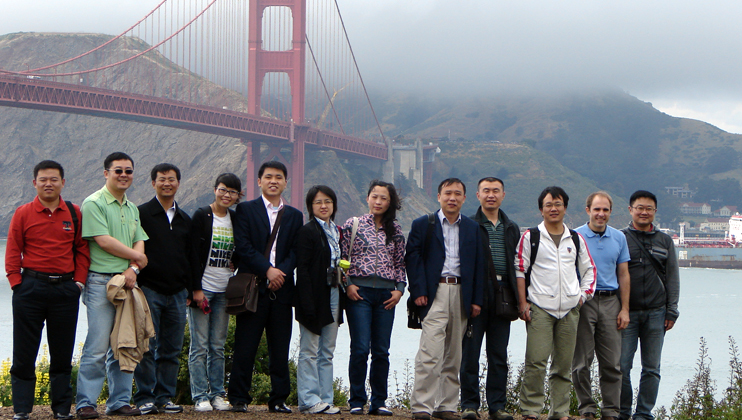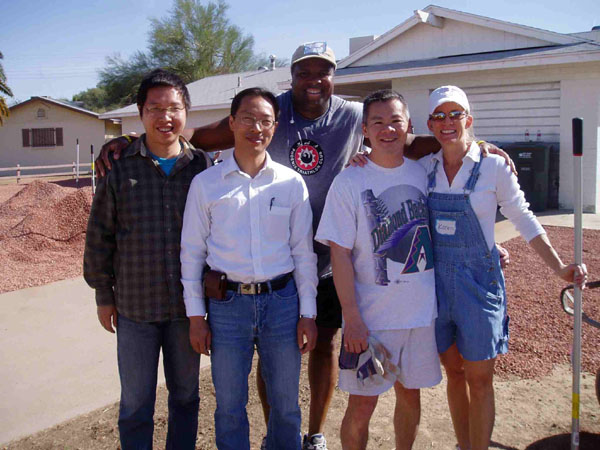The Professional Fellows Program, funded by the U.S. Department of State's Bureau of Educational and Cultural Affairs, is a two-way capacity building exchange for emerging NGO leaders in China, Hong Kong, Taiwan, and the United States in the fields of environment, legal aid, philanthropy, and community building.
CANCELLED: Tina Wei Kang Pan and Caritta Lin discuss Taiwan’s Modern Women’s Foundation and its fight against domestic violence and sexual assault, and for women’s empowerment.
Wang Yongmei and Anthony Saich discuss the current environment for domestic and foreign NGOs in China.
In the waning years of the Cold War, the United States and China began to cautiously engage in cultural, educational, and policy exchanges, which in turn strengthened new security and economic ties. These links have helped shape the most important bilateral relationship in the late-twentieth and early twenty-first centuries.
Commentators have long debated whether the space for civil society is growing or shrinking in China, or whether the concept of civil society is even relevant to China. But to many of those working in the civil society sector in China, the picture is quite clear. Two major trends are emerging in China's civil society space: the rapid growth of grassroots NGOs and the increased use of public advocacy, carried out by actors ranging from NGO networks to microbloggers.
On March 13, Anthony J. Spires, associate director of the Centre for Civil Society Studies and assistant professor of sociology at The Chinese University of Hong Kong, compared civil society development in Beijing, Guangdong and Yunnan in a program at the Henry Luce Foundation. Dr. Spires shared findings from his extensive research on Chinese NGOs. […]
In 2011, the National Committee, in partnership with the Center for Legal Assistance to Pollution Victims at China University of Political Science and Law, sponsored a two-way exchange for environmental law professionals in China and the United States.
In the summer of 1996, the National Committee brought together a group of NGO experts from the United States, Canada, and Thailand to meet with NGO leaders in Greater China.
With limited funds at their disposal, China's NGOs are increasing their human resource pool and engaging their communities by utilizing volunteers to fulfill their missions. It is within this context that the Strengthening Volunteer Management in Chinese NGOs project was developed in 2005, with the goal of providing Chinese NGO professionals practical training in volunteer management.
In 2003, the Ford Foundation commissioned the National Committee to conduct a survey of programs addressing Sino-American relations and security issues. The resulting report was updated in 2005 and again in 2006.
